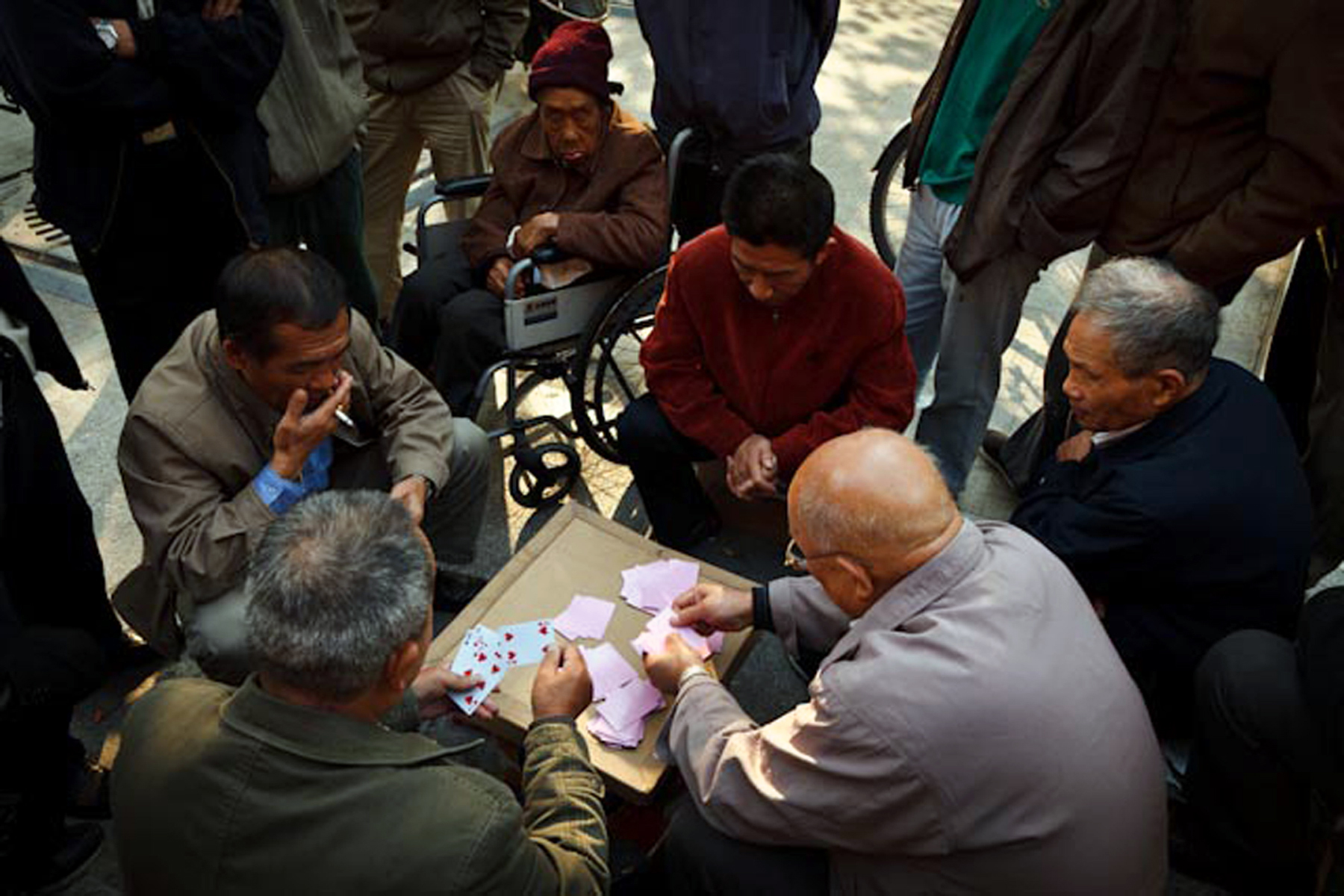
SHANGHAI (BP) — Shanghai native Yan Hua* cannot forget the life lessons seared into her memory.
Yan was 22 in 1957 when the Chinese government held its “Hundred Flowers Campaign.” During its few short weeks, citizens were given rights to free speech. They were told they could criticize the government without fear of punishment.
But the half-million who spoke out were identified as dissenters and arrested.
From this Yan learned not to trust the government.
Yan was 33 when, because she spoke fluent English and worked for a foreign company, she was mislabeled as an “imperialist spy.” The government banished her to the countryside where, for nearly a decade, she lived among uneducated peasants, labored in the fields and lived without basic utilities.
From this Yan learned not to flaunt her foreign ties or her English ability, to lay low.
Yan was 35 when she got news that a Shanghai professor, an acquaintance of hers, jumped to his death following a humiliating public trial for being a Christian. It happened during the Cultural Revolution when churches were closed, Bibles were banned, pastors were paraded through towns in dunce caps and various Christians were imprisoned.
From this Yan learned not to express religious belief.
Yan was 54 in 1989 when she heard the news of a conflict in Beijing’s Tiananmen Square. She had thought the dark days were over, but they had flared up once again.
From this Yan learned never to let down her guard.
China now seems to be on a road to peaceful development, but the possibilities continue to frighten Yan, now 75. To survive, she feels she must trust no one, play both sides, be invisible and not rock the boat.
Yan still sometimes looks over her shoulder in fear. No one believed such upheaval could happen the first time around, so she doesn’t rule out the possibility it could happen again. Who knows if, or when, the curtain will come crashing down on her peaceful life as it did in her youth?
Yan’s worldview is shared by many of China’s elderly who, in the prime of their lives, endured some of the most tumultuous events of the 20th century. They comprise a special club; they received membership by means of a frightening initiation.
Many of this generation have never had a real opportunity to hear the Gospel of hope that can wash away their sorrows, fears and distrust.
Yan and her Shanghai contemporaries comprise a growing minority among the population.
Shanghai’s aging population is expected to peak in the 2030s when the number of those over age 60 will swell to more than 5 million — about one-fourth of Shanghai’s current population.
By then, there will be a shortage of workers in Shanghai to support the number of elderly. The current workforce will be cut by almost half as a result of China’s decades-long one-child policy.
Shanghai’s city government has been considering a change to the one-child policy in hopes of remedying the shortfall of workers.
Some elderly, though, have no long-term income to rely on in the first place. Failing health, lack of finances, hopelessness, moves to unfamiliar neighborhoods and a dread of being a burden to their children — or having no living children to lean on — lead many to depression and suicide.
In China as a whole, the suicide rate among the over-65 population is four to five times higher than the general public, according to China Daily.
Jesus came to give hope to the hopeless. But Shanghai’s elderly, for the most part, do not know about it.
Adam Johnson*, a Christian worker in the Shanghai area, says it is urgent to have a strategy for reaching the lost people over 60.
“They have a different worldview. They have a different culture,” Johnson says. “And it’s going to take a different approach to reach them.”
–30–
*Names changed. Emily Stockton is a writer with International Mission Board based in Asia. For more stories like this, visit www.asiastories.com.

















